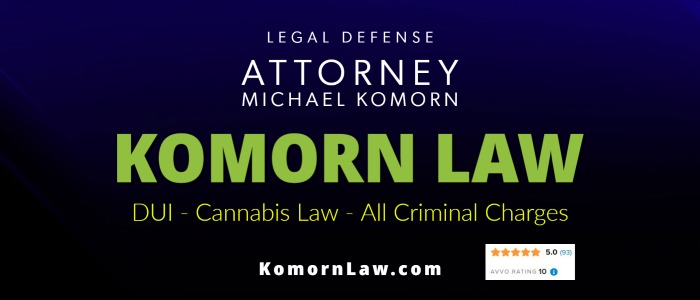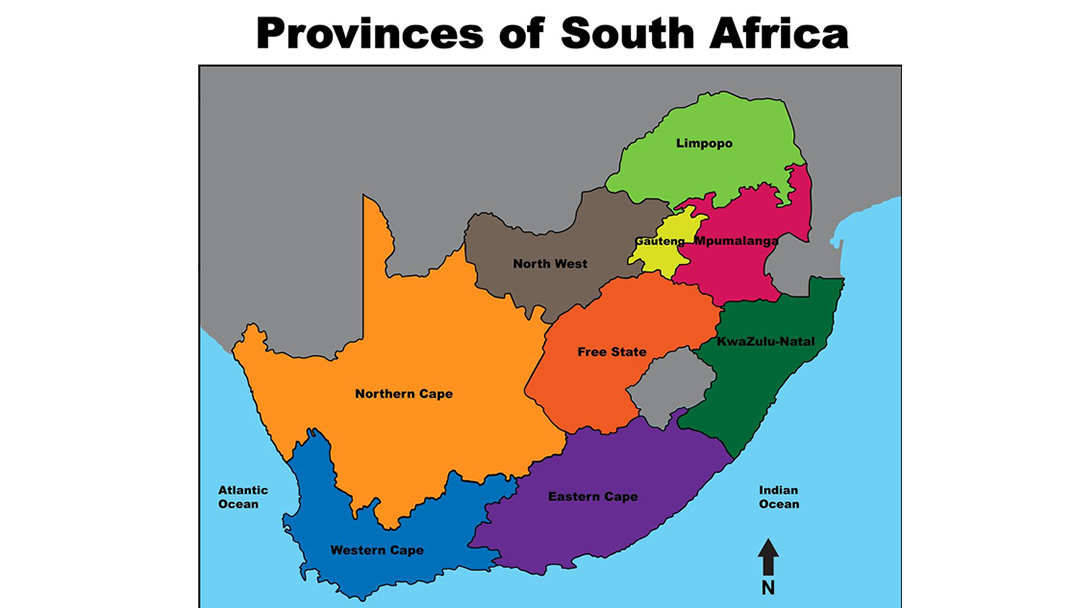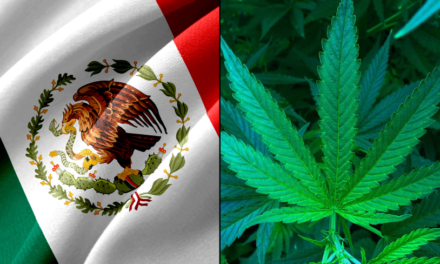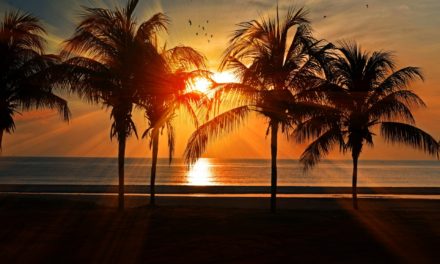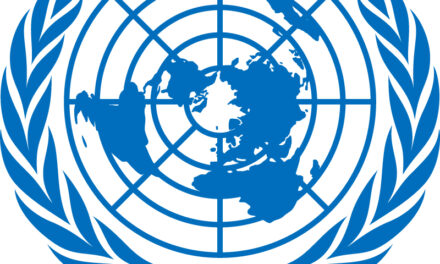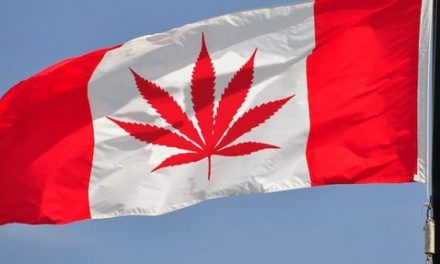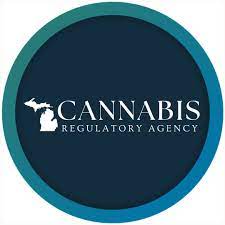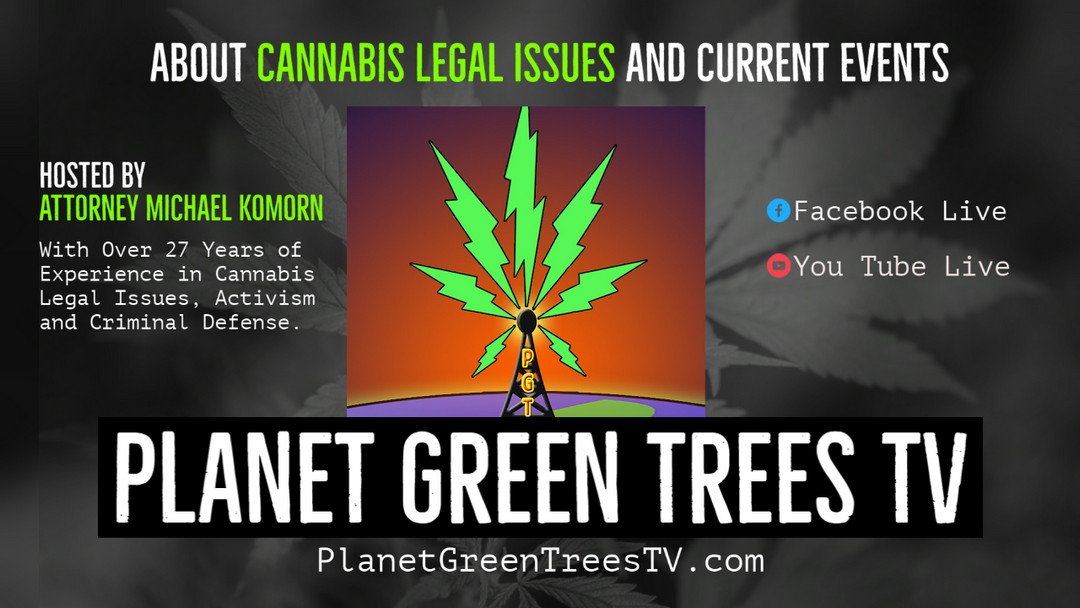21 Feb 2019
South Africa’s top court unanimously legalized the private use of cannabis upholding a lower court’s decision ruling that it was “unconstitutional and therefore invalid” to criminalize the drug, BBC reports.
The decision allows adults to consume cannabis in private and grow marijuana for private consumption.
South Africa’s long and complicated history with marijuana culminated in the partial legalization of the drug in 2018. Recent changes to laws governing both the recreational and medical use of cannabis are fueling the establishment of a marijuana industry in the country.
The nation of South Africa has had a long and complicated history with marijuana. Despite this, marijuana, locally known as “dagga”, was used by an estimated 3.2 million South Africans in 2008. Moreover, South Africa is well known for its role in the global marijuana trade. Interpol estimates that South Africa is the fourth largest producer of cannabis in the world. The agency also estimates that a third of the cannabis seized around the world originates from South Africa.
The personal and private consumption of cannabis was legalized in 2018. However, much confusion remains as to the full effects that the new laws will have. Despite the fact that the public sale and consumption of marijuana will still be illegal, the commercialization of cannabis has already begun. Businesses are preparing for a flood of tourism within the next few years. However, what form that will take, and how profitable it will be, are questions still left to be answered.
THE EARLY HISTORY OF CANNABIS IN SOUTH AFRICA
The recorded history of marijuana in South Africa goes back to the 1600s when the Dutch first began trading with local tribes. By 1680, the first prohibition laws were already being introduced. In order to monopolise the cannabis market, the Dutch East India Company prohibited Cape settlers from growing marijuana. However, due to an abundance of the plant in the wild, and due to the availability of cannabis through trade with local indigenous tribes, this prohibition was overturned in 1700.
By 1860, the Colony of Natal had begun to import Indian workers as a source of labour. These workers brought with them a number of customs, including the use of cannabis and hashish. European settlers were concerned by the effects of the plant on the imported workers, believing it slowed them down. As a result, by 1870, cannabis was prohibited within the Colony of Natal. Other colonies followed suit, and by 1908, cannabis was banned in three more South African colonies.
By 1908, perceptions on marijuana once again flipped, with some colonies engaging in regulated sales and others in open transactions. However, by 1921, a moral panic arose around the use of cannabis in the Western Cape. The unification of colonies into the Union of South Africa in 1909 allowed this sentiment to spread quickly. As such, by 1921, the scales had tipped once more toward prohibition.
THE MODERN HISTORY OF CANNABIS IN SOUTH AFRICA
In 1922, regulations that criminalised the possession of addictive substances effectively banned cannabis in the union. Under these regulations, the cultivation, possession, and sale of marijuana were outlawed. In 1925, marijuana was internationally outlawed when the League of Nations Advisory Committee on Traffic in Opium and Other Dangerous Drugs included it in a list of contraband narcotics.
1937 saw the introduction of the Weeds Act, which more comprehensively banned marijuana in South Africa. This piece of legislation made landowners and occupants directly responsible for preventing the growth of marijuana on their property. Continuous public and political concern regarding marijuana use led to the passing of further legislation in 1971 and 1992, all with the goal of restricting cannabis more comprehensively.
State-sponsored marijuana eradication programmes have existed in South Africa since the 1950s. By the 1980s, these programmes took the form of aerial herbicide distribution via helicopters. Since then, numerous public challenges to the use of herbicides for this purpose have occurred, but little change has resulted from them.
CANNABIS ADVOCACY IN SOUTH AFRICA
Advocacy for the legalization of marijuana has been persistent in South Africa since the early 2000s. Starting in the year 2000, the city of Cape Town has hosted a yearly “cannabis walk” every May. While the number of participants was initially in the hundreds, it rose to a high of nearly 6,000 in 2017.
In 2009, the Dagga Party was founded by marijuana activist Jeremy Acton. The party’s platform states that cannabis users should have the same rights as those who use tobacco and alcohol. Its main goal is to elect a representative who supports the legalization of marijuana.
In February of 2014, the Medical Innovations Bill was introduced by Dr. Mario Oriani-Ambrosini. The doctor, who had been treating his cancer with cannabis, intended for the bill to legalize marijuana for medical and industrial use. Oriani-Ambrosini’s efforts directly led to the legalization of marijuana production for medical purposes in February of 2017. It is expected that this development will help to make medical cannabis products more accessible and affordable for South Africans.
THE 2018 DECRIMINALISATION OF CANNABIS IN SOUTH AFRICA
On September 18, 2018, a judge of the Constitutional Court of Johannesburg set the wheels of legalization in motion. Chief Justice Raymond Zondo ruled that adults may possess or use cannabis for personal consumption in private. The court also ruled that the cultivation of cannabis in a personal residence for personal consumption would no longer be illegal. No limits were immediately placed on the quantities of cannabis that could be grown, possessed, or consumed. The parliamentary government was given 24 months to implement the necessary legal changes.
The ruling passed down by the Constitutional Court only applies to private residences. The court’s judges argued that South Africa’s marijuana laws were unconstitutional because they unjustifiably intruded into the private sphere. As such, these new laws do not apply to the public sphere. The public possession, consumption, and sale of marijuana are still illegal after the ruling.
Uncertainty still exists as to how far-reaching the effects of the ruling will be. It remains to be seen what will happen to the thousands of South Africans currently in prison for cannabis possession. Moreover, South Africans are optimistic that the ruling will lead to a reduction in criminal and gang activity. However, police do not expect to see any kind of significant change in criminal activity in the country.

